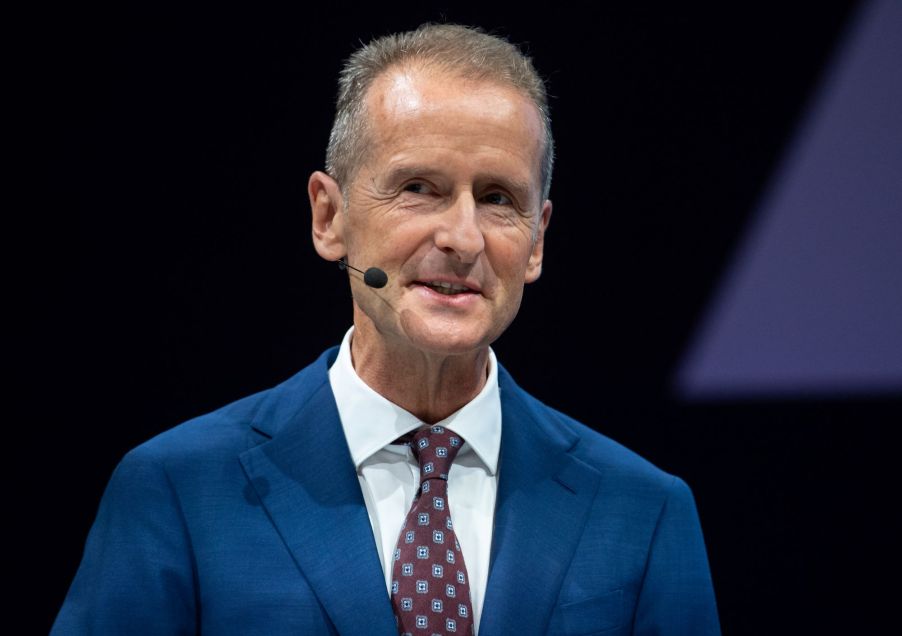
Volkswagen CEO Says the Chip Crisis ‘Has Gotten Worse’ After COVID-19 Hits 3 Supply Plants Hard
The pandemic has caused a worldwide semiconductor chip shortage, affecting every automaker from Acura to Volkswagen. Some chip producers, like Bosch, are optimistic that the chip shortage will end in 2022. Still, that’s only assuming that the persisting virus won’t continue to slow down customs or infect more workers.
Some automakers are justified to think the situation will only get worse before it gets better. VW CEO told CNN that his company’s production output had taken an even bigger hit due to COVID-19. When does he think the chip shortage will end?
The struggles of Volkswagen
Volkswagen is one of the many automakers that rely on chip factories in Malaysia. The country has recently been hit with a severe wave of COVID-19, causing three of VW’s plants to close. Not surprisingly, the import industry in Malaysia has also slowed to a crawl. VW doesn’t have easy access to the supplies already made due to decreased labor and shut-down orders.
According to Bloomberg, the problem is plaguing VW facilities in other countries as well. In the U.S., the Volkswagen Atlas is currently feeding off the less popular Passat sedan for chips to keep up with consumer demand. VW had to pause production of both the Tiguan and the new Taos SUV in one Mexico plant.
Is the chip shortage ending soon?
Herbert Diess, VW CEO, had this to say about the chip shortage: “We think that we will overcome this situation towards the end of the month, and then we should see relief. Semiconductors will be on short supply probably for several months.”
Scott Keogh, an official at VW’s North American unit, echoed the sentiment. He believes that chip supply lines won’t return to pre-pandemic levels until the latter half of 2022. He also says that there will be few cars on dealership lots even when things return to normal. The business has been fine without an abundance of inventory, plus it prepares automakers for these unprecedented events.
Are VW’s autonomous and EV plans still on track?
Despite the semiconductor chip shortage, Diess seems relatively optimistic about VW’s plans for electric car sales. While most automakers are shooting for zero emissions by 2030, VW wants to achieve that by 2040. This makes its goal of 50% electric car sales by 2030 more attainable, especially with the continuing chip shortages.
Diess boasts about Volkswagen’s EV leadership in several countries but says it won’t be marketing EV toward Latin American consumers. This region plans to address emissions with biodegradable fuels instead of electrification. VW will allocate its remaining gas-combustion parts to these countries. Additionally, VW announced that it would build a research center for biofuel engines in Brazil to optimize technology for these powertrains.
And although Tesla is one of VW’s biggest rivals, Diess says that he holds a lot of respect for Elon Musk. However, he says his company is focused more on the future of electrification, whereas Tesla is focused on its success.
Diess also doesn’t foresee any delays pertaining to the production of autonomous vehicles. As the company waits for more chips, he says that planning and investing for the future is more of a priority. One of these investments is for the rental service Europcar, which he believes will contribute tremendously to the success of autonomous fleets.
His logic suggests that more consumers will gravitate toward autonomous vehicles if they don’t have to worry about high ownership costs. A mobility program that promotes vehicle sharing means less cost for consumers and greater exposure to these cars. Chip shortages permitting, Diess expects the first autonomous VW to be released as soon as 2025.


